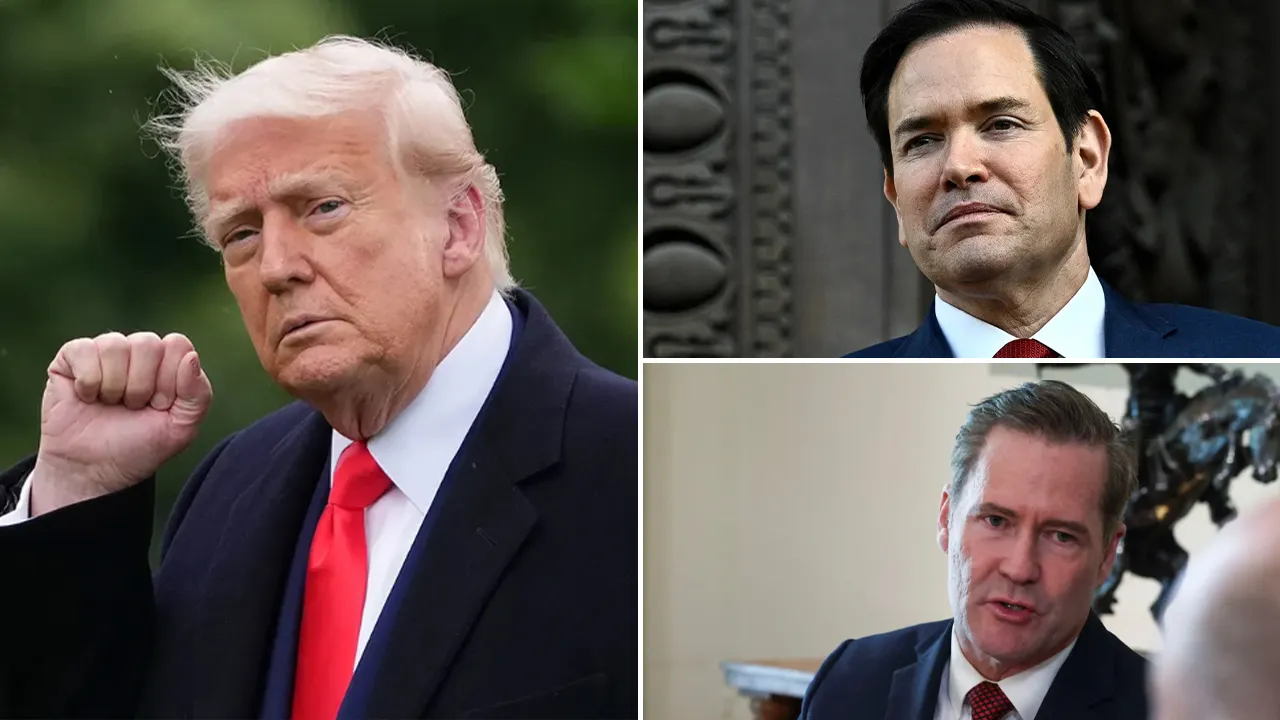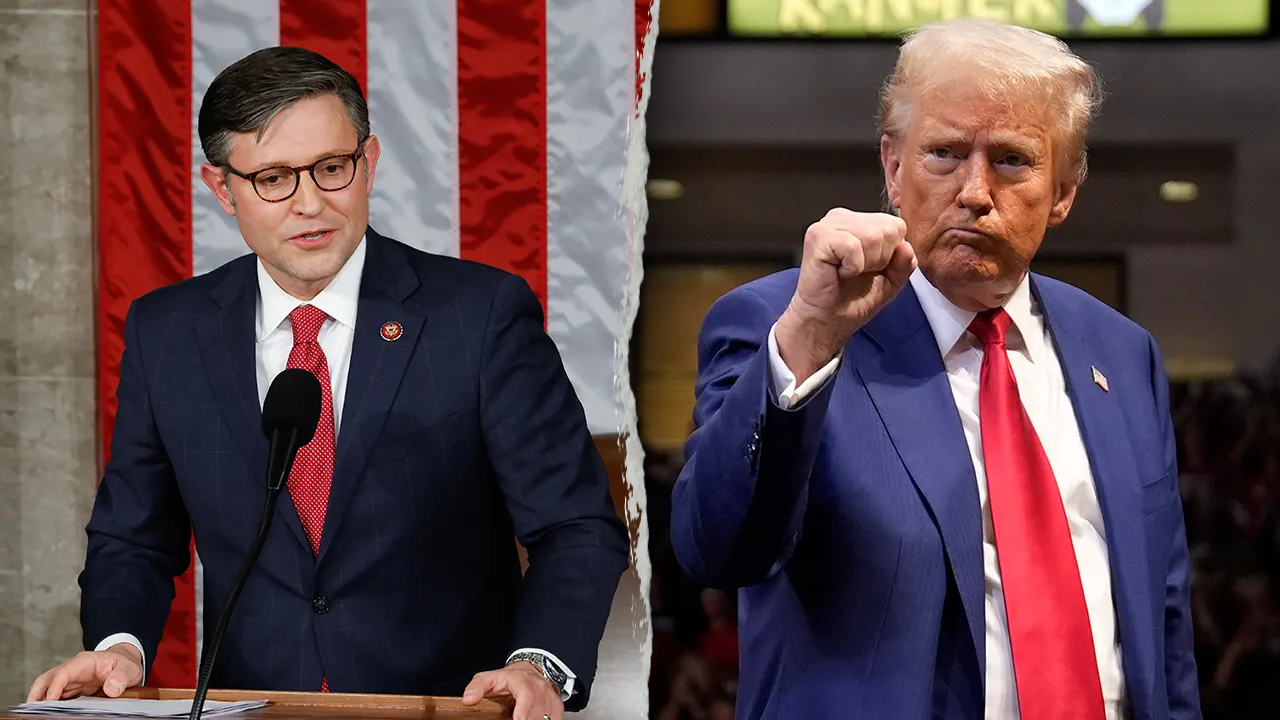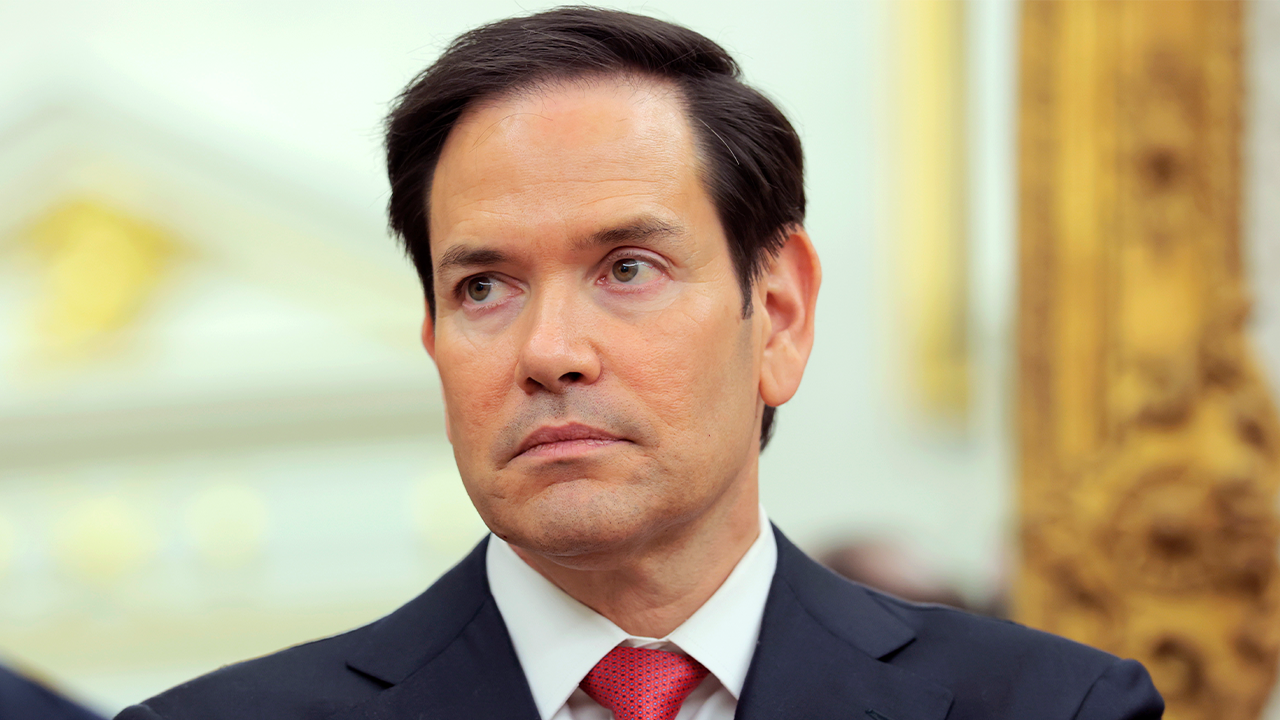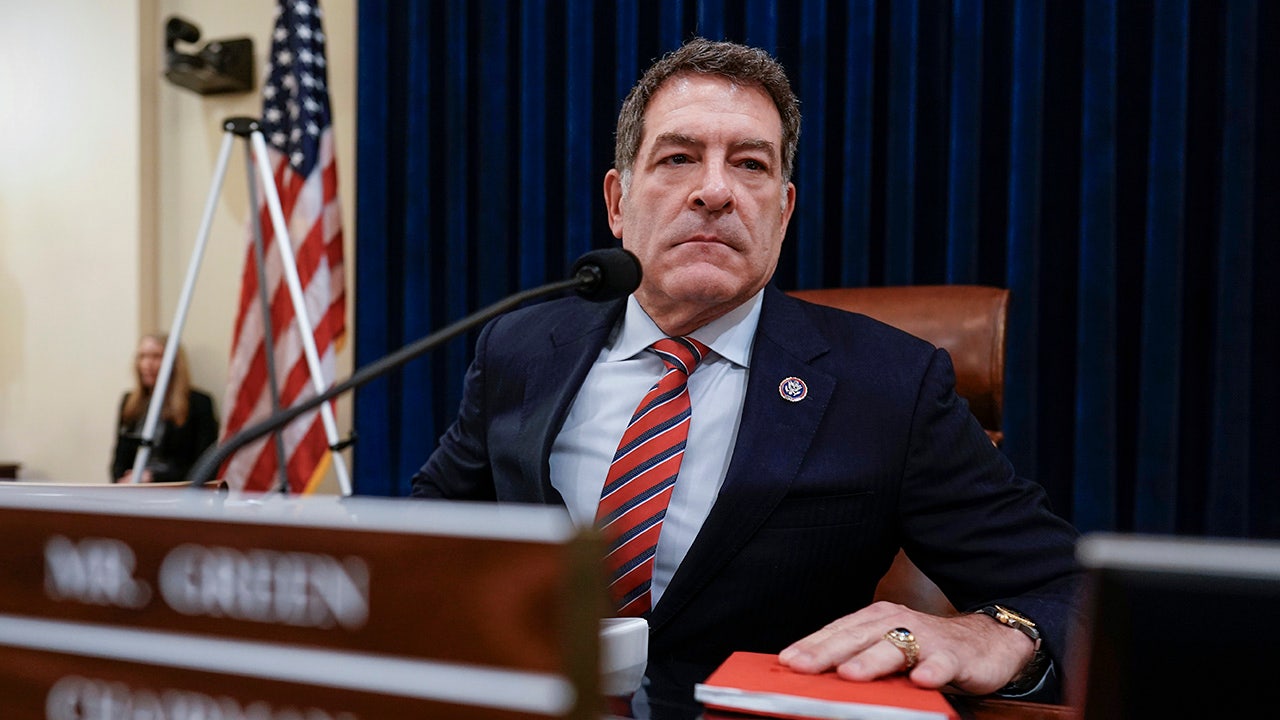National Security Council downsizing raises questions about global crisis response

The White House has made the decision to trim over 100 aides from its National Security Council staff, raising concerns among former officials and analysts about whether the smaller team will be able to effectively address the fast-moving and dangerous global security environment.
The move, which the White House is calling a “right-sizing” of the historically bureaucratic body, is aimed at streamlining operations and ensuring that the NSC is more aligned with President Trump’s agenda. Roughly half of the NSC’s 350-person team will be departing, with many career diplomats being sent back to their home departments and political appointees being reassigned to other roles within the administration.
While some former NSC officials are optimistic that the overhaul will result in a more efficient agency, others are skeptical about whether the smaller team will be able to deliver timely intelligence for national security decisions. Secretary of State Marco Rubio, who is currently serving as interim national security advisor, is overseeing the staff cuts, leading some to question whether the restructuring is motivated by a desire to avoid internal power struggles.
Michael Allen, a former senior director at the NSC, believes that President Trump wants more direct control over key decisions and is pushing for quicker decision-making processes within the agency. The recent departures of key officials like Eric Trager and Andrew Peek, who played significant roles in shaping the administration’s foreign policy decisions, have added to the uncertainty surrounding the NSC’s future effectiveness.
With a slimmer NSC, President Trump is expected to rely heavily on Rubio, CIA Director John Ratcliffe, and Director of National Intelligence Tulsi Gabbard for his daily intelligence briefings. While some argue that the NSC has become bloated and in need of a reset, others warn that reducing the staff too much could hinder the agency’s ability to implement the president’s directives effectively.
Despite the challenges ahead, the NSC remains responsible for managing critical global challenges such as Iran nuclear talks, the war in Ukraine, and military competition with China. The pressure is on Rubio to ensure that the president has all the information he needs to make informed decisions on these complex issues.
In the end, the success of the NSC’s restructuring will depend on how well the new team is able to adapt to the changing global security landscape and effectively support the president’s agenda. Only time will tell if the smaller, leaner NSC will be up to the task.




